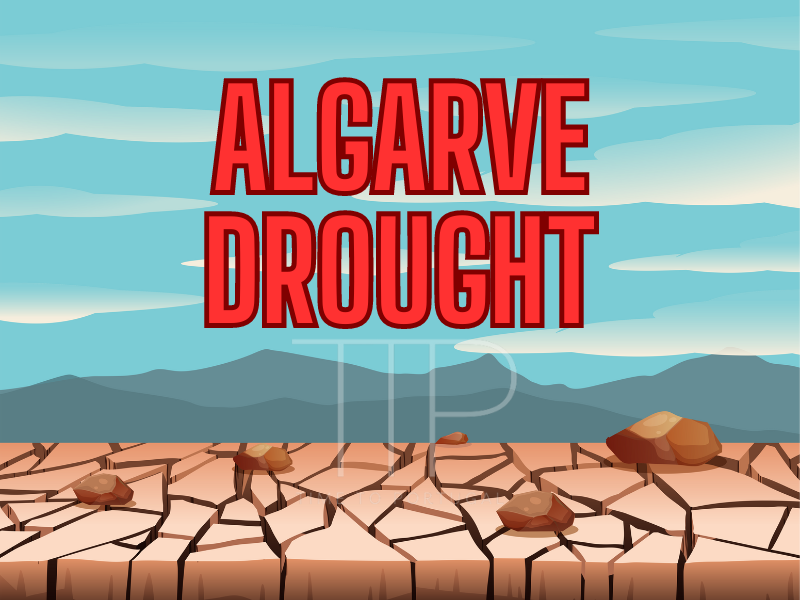The government is admitting “additional, more serious measures” to guarantee the minimum reserves needed to supply water for priority uses in the Algarve, should the current reserves prove insufficient.
According to the Council of Ministers’ resolution, the possible additional measures, which provide for a “higher degree of contingency”, may be implemented after a reassessment of the drought situation in the region, which will take place in June.
“[…] The Government reserves the right, should the measures adopted now prove insufficient, to declare a situation of calamity under the Civil Protection Framework Law,” reads the document.
The Algarve is currently on alert due to the drought and, in the event of a declaration of calamity, it will be possible to establish limits and conditions on the use of water for non-essential uses, as well as rationalization measures in public water supply services, he says.
At the same time, it adds, “the possibility of access to other sources of supply, strictly necessary to carry out the actions aimed at restoring normal living conditions to the population, will be provided for”.
In the same vein, the government may also determine the use of water abstractions, surface or underground, belonging to public or private entities, by the concessionaire of the Algarve’s multi-municipal water supply and sanitation system, when necessary, under the terms of the Civil Protection Framework Law in force.
Alternatively, the declaration of a state of environmental emergency may be considered, as provided for in the Water Law.
Among the measures planned by the government to preserve water reserves in the region is the suspension of the supply of water from the public network for irrigation of golf courses.
On the other hand, between 1 June and 30 September, the use of water from the public network for washing vehicles is suspended, except in establishments licensed for commercial activity with water recirculation systems.
According to the government, the current situation in the Algarve “appears to be particularly critical” and there could be a possible “effective rupture in public supply systems” for human consumption if water use continues at current levels.
“[…] In a scenario in which measures are not adopted and implemented to guarantee the preservation of water reserves and in the absence of rainfall well above the maximum values of the last six years, the supply of water for human consumption in the Algarve region will be severely compromised,” the resolution states.
The drought alert situation in the Algarve was declared by the Portuguese Environment Agency (APA) in December 2023 and reaffirmed on 25 January.
According to the Council of Ministers’ resolution, water storage levels in the Algarve region’s reservoirs have been below 50 per cent since May 2022.
Currently, groundwater storage levels “are extremely low, with approximately 84 per cent of groundwater bodies having a stored volume below the 20th percentile, “and of these, around 48 per cent are in a very critical state”.
The indicators used in the agro-meteorological and hydro logical monitoring reports indicate that the Algarve’s river basins (windward and leeward) have been in a situation of extreme hydro logical drought since June 2023.
“This situation remained unchanged in the first few months of the 2023/2024 hydro logical year, which marks the beginning of the wet semester,” he says.
The current situation of water reserves in the Algarve region means that “current water uses cannot be adequately met with existing reserves” in surface and groundwater, the government maintains.
Related article: Drought situation in Southern Portugal easing up
PDSI Index (Palmer Drought Severity Index)

